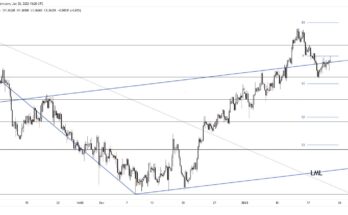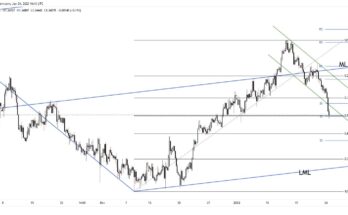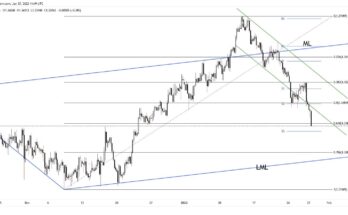It’s not often you have a Japanese official talking about the yen being too weak, but we did overnight, something which put pay to the up-move in USDJPY. Finance Minister Aso said the recent decline had been too fast, which lead to USDJPY reversing from the 118.98 high. The move has been a combination of the continued underlying weakening dynamics in the wake of the BoJ’s move last month, together with the greater uncertainty and policy deadlock caused by the PM’s decision to call a snap election. It could well be that USDJPY needs a period of consolidation after these comments before making an attempt on 120, but in the bigger picture the momentum towards this level look fairly unstoppable.
The dollar itself has also been more consolidative through most of November, the dollar index holding just below the 88.00 level. The euro has been the main factor in this steadier tone, trapped in the 1.24 to 1.26 range for most of November. The ability of the ECB to instigate fresh currency weakness looks limited at this point in time and the Swiss upcoming vote on gold has also provided some support as polls have moved away from a yes vote, reducing the likelihood of the SNB being forced to sell euro’s to buy gold. For today, the data calendar is relatively light, so in theory at least we look set for a relatively smooth ride into the weekend. Inflation data in Canada is the main risk to this view, headline inflation seen rising slightly to 2.1%. USDCAD remains just shy of the recent high at 1.1467, but it would take a much weaker than expected figure to push the market back above 1.14 (currently just above 1.13).
Further reading:
Dovish Draghi sends EUR/USD below 1.25
EUR/USD: Consolidating Before Next Leg Lower; Outlook & Forecast – Danske



